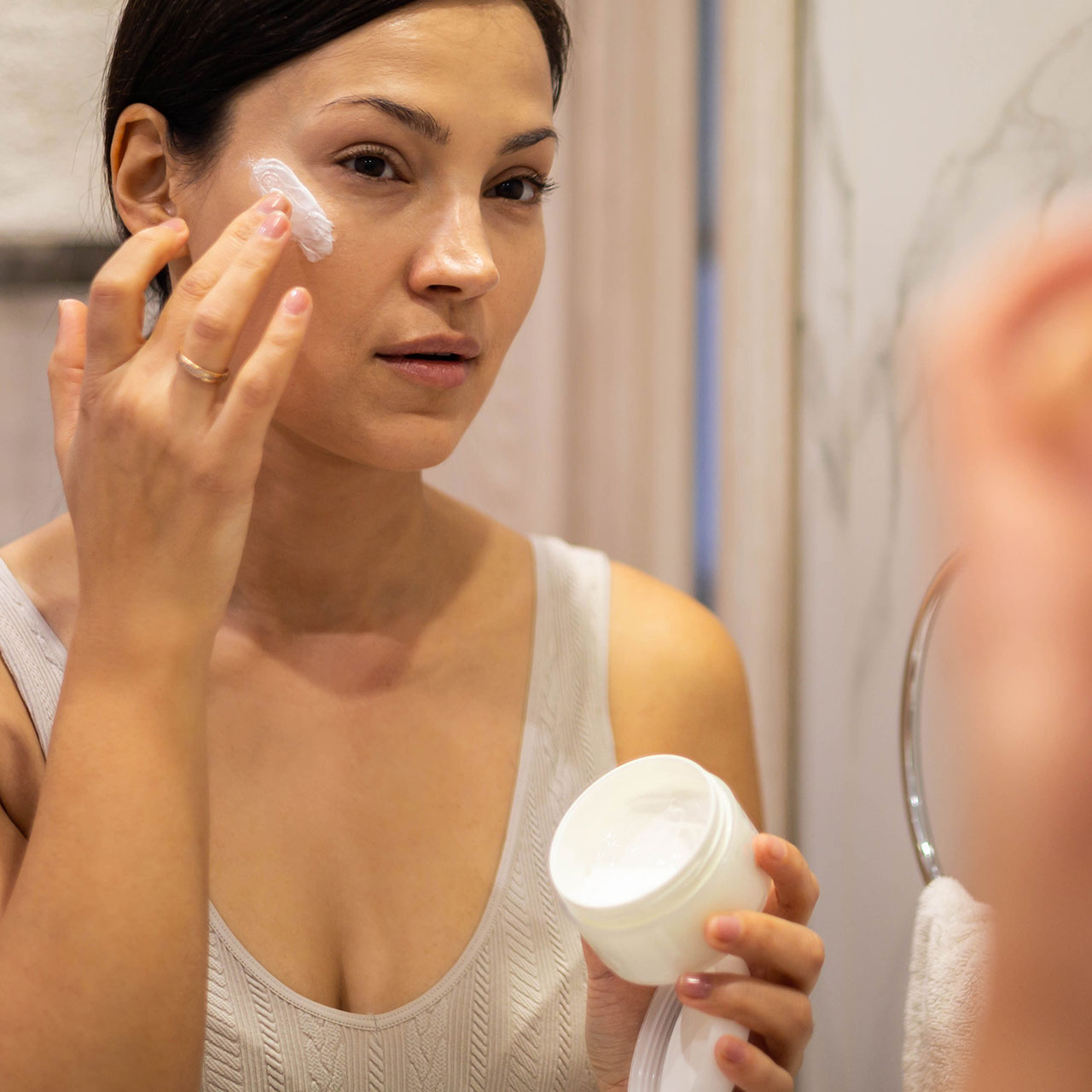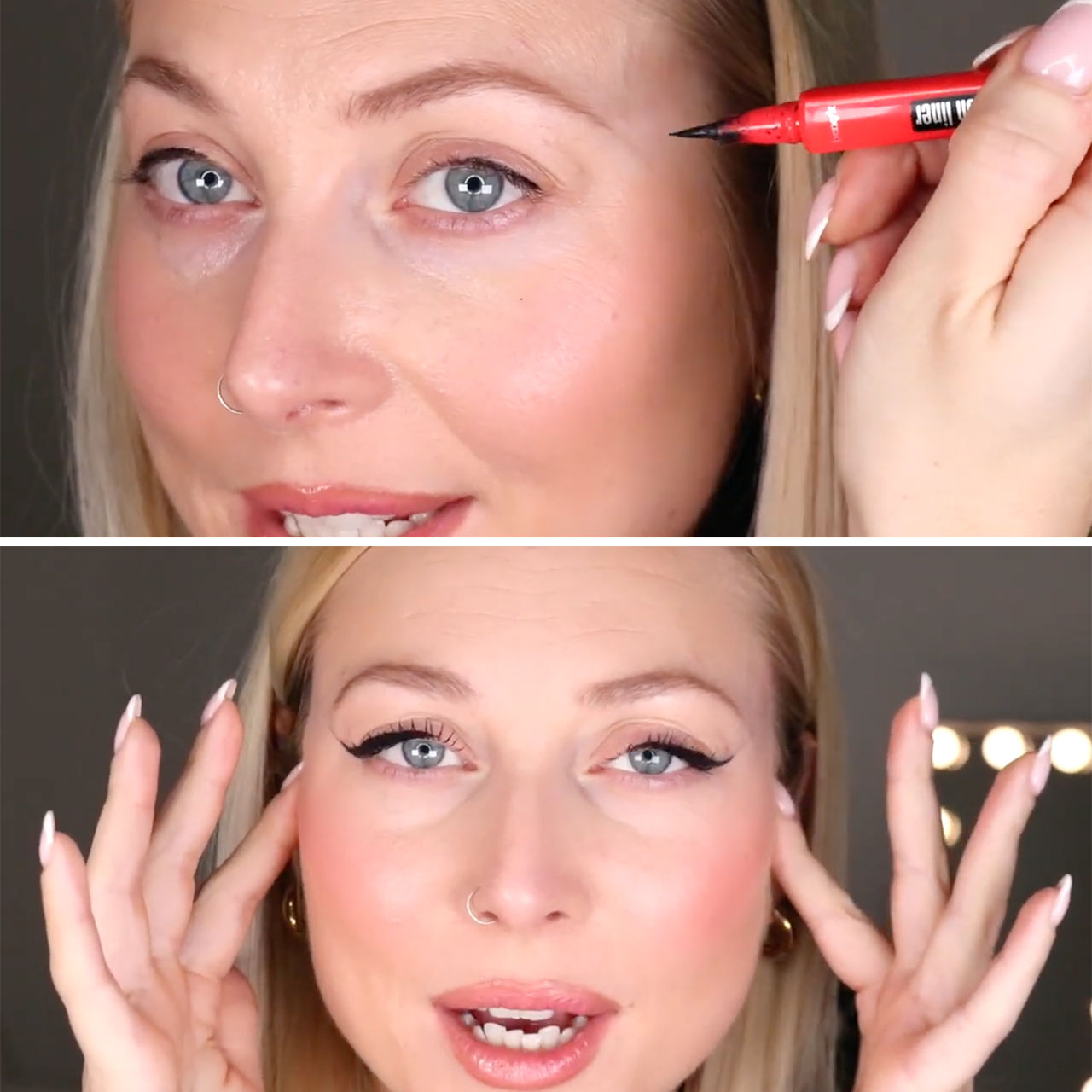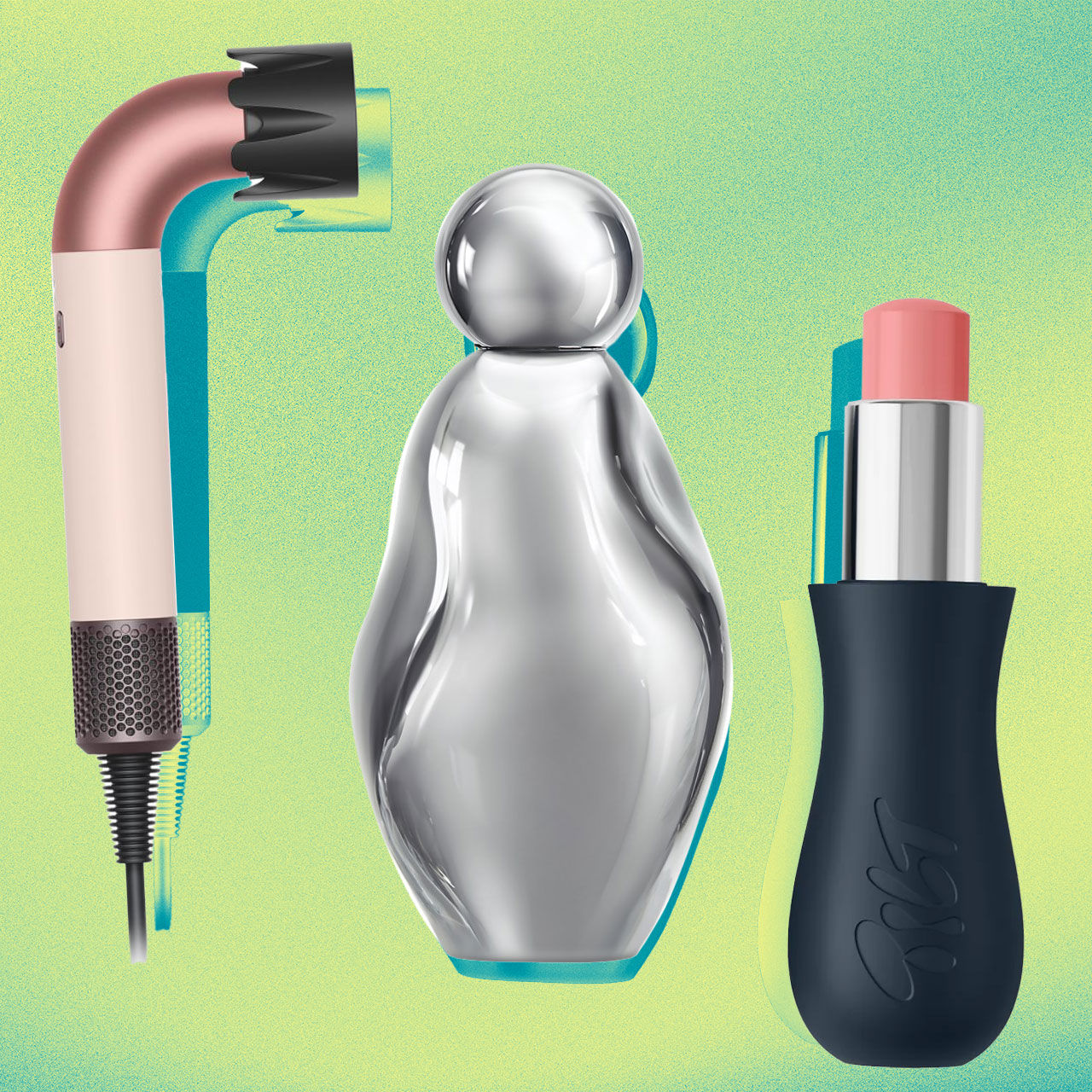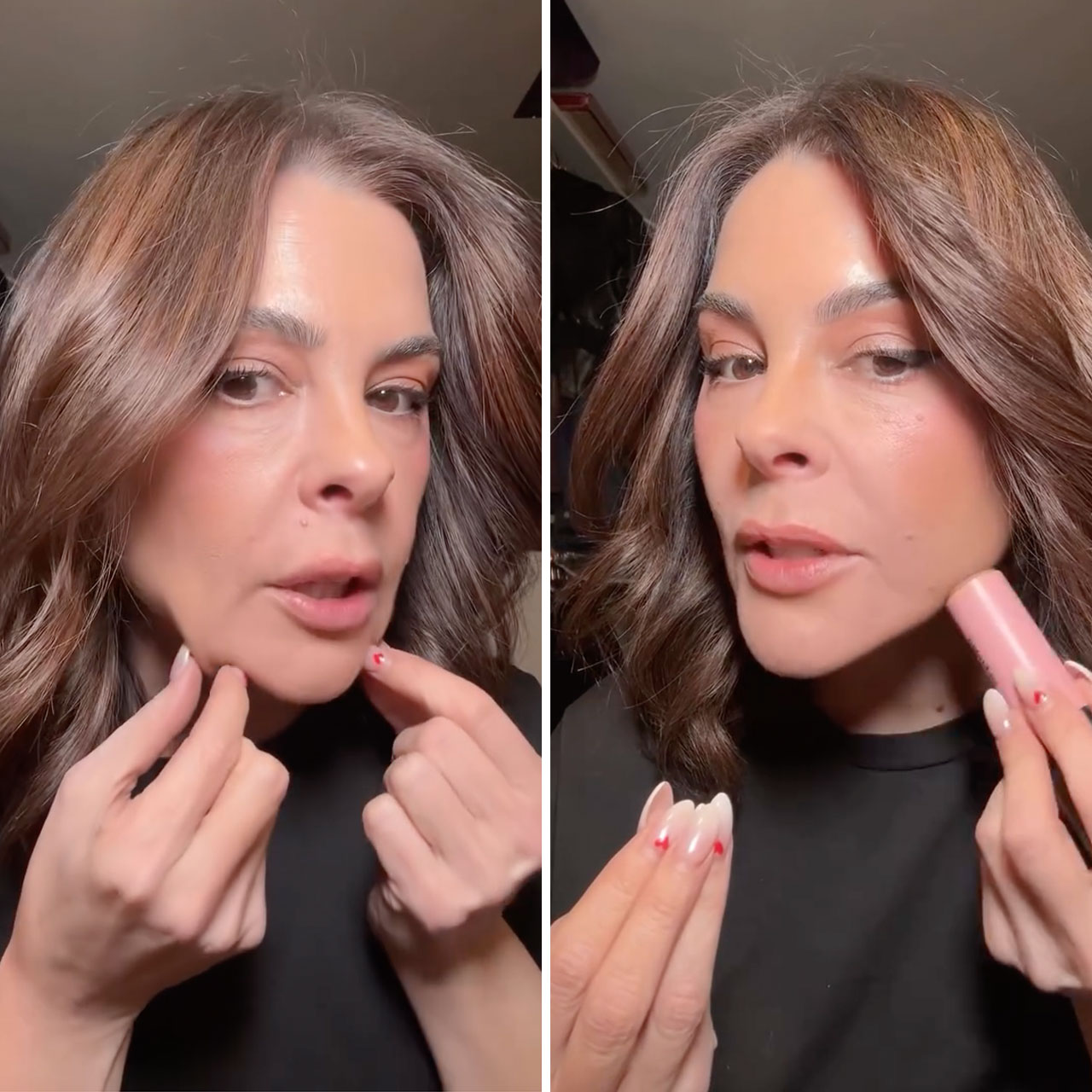Collagen supplements usually include collagen peptides, which are smaller fragments of collagen protein that are more easily absorbed by the body. These supplements are often claimed to assist in the formation of connective tissue, an essential part of our skin, bones, muscles, tendons, and cartilage. When the body doesn’t produce sufficient collagen, these structures can lose the flexibility and strength they need to work properly.
This deficiency often leads to collagen being promoted as an anti-aging solution. Collagen plays a key role in the extracellular matrix (ECM) around breast tissue. The ECM not only offers structural support but also sends communication signals to cells, aiding in normal tissue development and function. However, irregularities in the ECM can contribute to the growth and spread of cancer, as reported by Patient Power.
Some research indicates that changes in collagen structure may encourage tumor growth, although the findings have been inconsistent. We’ll explore this further below, with insights from TikTok creator Dr. Zara Harutyunyan, MSN, AGNP, a notable expert injector and clinician at Zavant Aesthetic, who shared an engaging TikTok video discussing the possible relationship between collagen supplements and breast cancer.

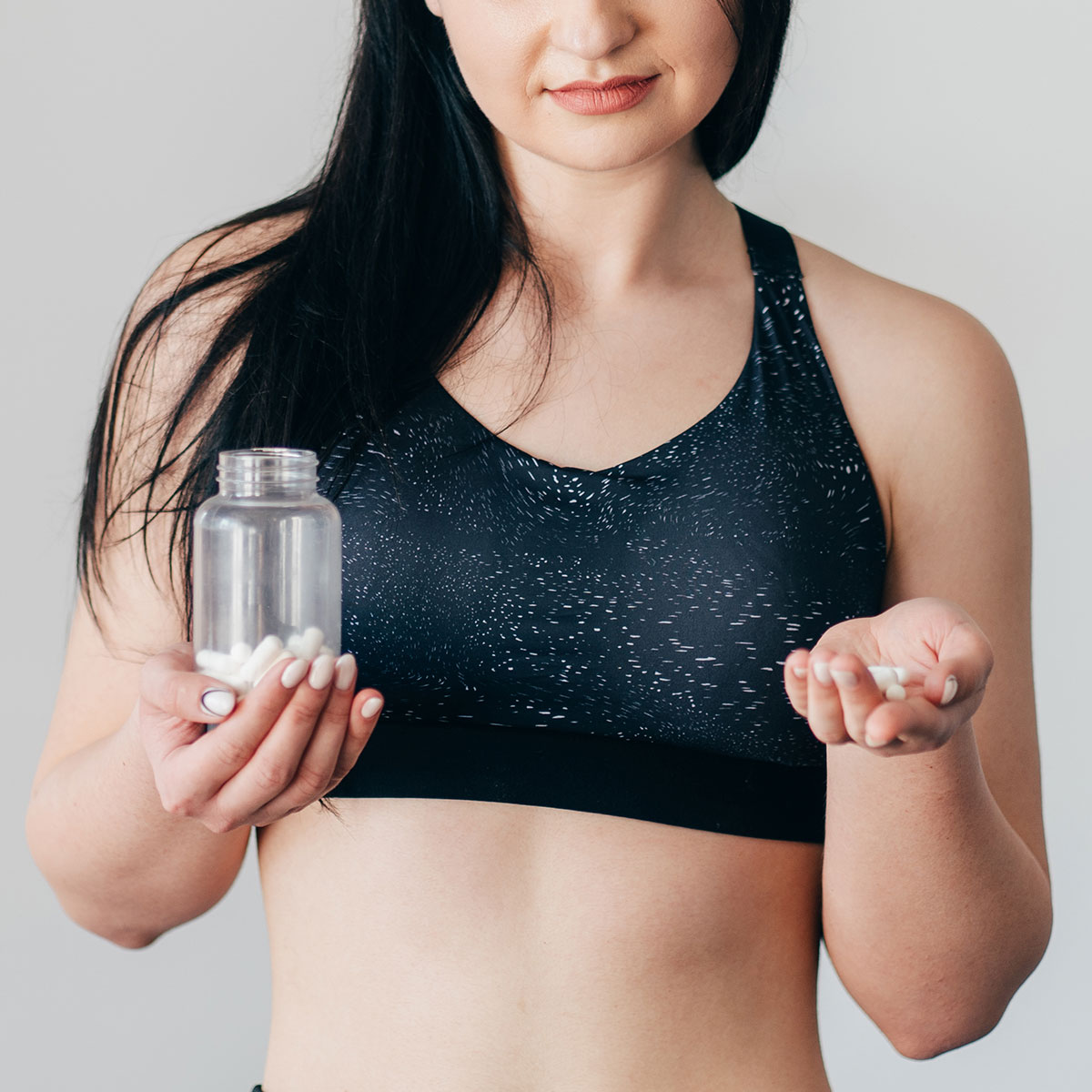
Doctor & TikTok Creator Explains How Excess Collagen Supplements Could 'Increase Risk' of Breast Cancer
In her above video, Dr. Harutyunyan (@doc.zara) said: "Do not take collagen supplements. It might be dangerous. There have been studies that show prolonged consumption of collagen supplements can increase the risk of breast cancer." She added: "Collagen supplements very often have hormones or growth factors in their formula, and those gross factors on hormones can activate hormone sensitive tissue, which is breast."
If you take collagen supplements for nail or hair health, Dr. Harutyunyan suggested trying biotin instead. "Are your nails getting stronger or your hair growing fast? If that's the case, then take biotin or other supplements that will help you with that."

Is There A Link Between Taking Collagen Supplements And Cancer?
She stressed that the potential negatives of collagen supplements outweigh the pros, like hair, skin and nail health. "If you're taking collagen to improve the quality of your skin, then my advice is to talk to your healthcare provider and then make an informed decision," she concluded.
During an interview with Patient Power, Dr. Irina Sachelarie, a board-certified hematologist and medical oncologist at the MemorialCare Cancer Institute located in Saddleback Medical Center, Laguna Hills, California, explored the connection between collagen and breast cancer. "Collagen is a protein that forms cartilage, tendons, skin, bones, et cetera," she told the site, adding that it's "made of amino acids, which are absorbed from our food."

Collagen, making up roughly 30% of our body's proteins, is essential for keeping our skin, bones, muscles, and connective tissues strong and flexible. With age, collagen production decreases, leading to sagging skin, weakened joints, and fragile bones. Patient Power notes that cancer treatments like chemotherapy and radiation therapy can cause aging signs by harming healthy cells. To counteract this, many cancer patients use collagen supplements for skin and joint benefits. However, research on the safety and efficacy of these supplements is limited, with some studies indicating possible risks.
"The collagen supplements on the market do not contain actual collagen, but rather the absorbable form of those amino acids making the collagen," Sachelarie further explained. "There is no guarantee that those amino acids will be used to make new collagen within our body."

Despite limited proof of its effectiveness, there is worry about its possible impact on cancer cells, according to Dan Rubin, ND, FABNO, a certified naturopathic oncologist and medical director at Naturopathic Specialists in Scottsdale, Arizona. He told the outlet: "Solid tumors (such as breast cancer) in the body are embedded in and supported by connective tissue."
He continued: "Collagen is used by the body to create connective tissue. If a tumor is embedded in too much connective tissue, it may make it difficult to deliver treatment to the tumor." Consequently, using collagen supplements might encourage cancer development and hinder the effectiveness of treatments in targeting the tumor.

Research shared by Frontiers indicates that collagen impacts T cells, crucial immune cells combating cancer. Different collagen types may either support or hinder cancer growth. Additionally, there might be a connection between collagen and breast density.
"Increased production of collagen can also lead to denser breasts and higher risk of breast cancer," Sachelarie told Patient Power. A study in eBioMedicine indicates that increased breast density from a specific collagen type may raise breast cancer risk by up to six times. Therefore, some specialists argue that collagen supplements might heighten this risk, although the issue remains contentious.

As Sachelarie concluded: "As with all other supplements, collagen is not regulated by the U.S. Food and Drug Administration (FDA). Therefore, the concentration of collagen and the purity of the product can vary significantly from one brand to another." The doctor then said to the outlet: "Some collagen supplements contain high levels of lead, mercury, and arsenic, which could increase the risk of cancer and other health problems."
Rubin also advised readers of Patient Power that due to insufficient evidence on the safety of collagen supplements during breast cancer treatment or remission, consulting your doctor beforehand is crucial.








